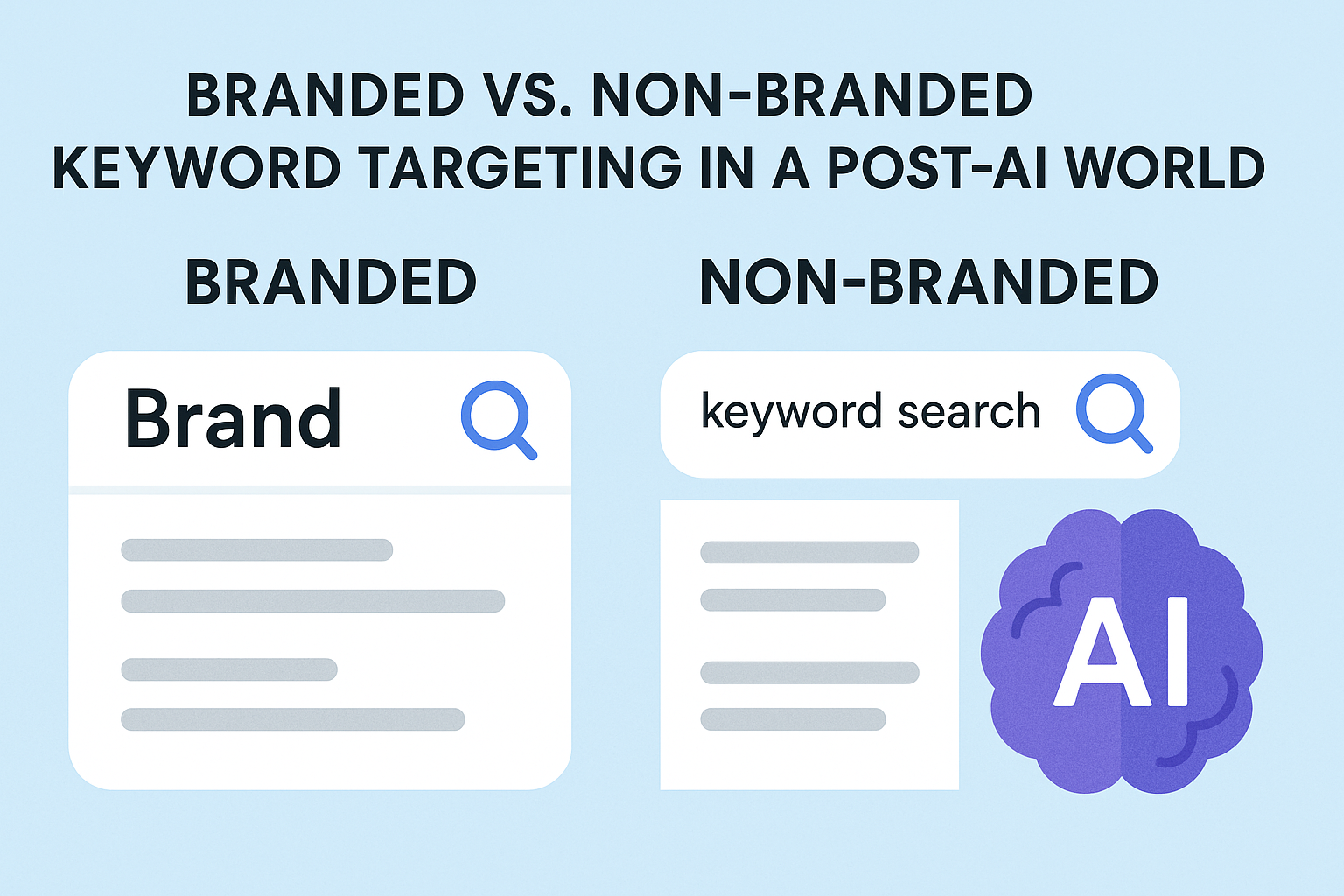What is SEO in the financial industry?
You could be losing out on a lot of money if you do not know what search engine optimization (SEO) is. When it comes to inexpensive, practical strategies for reliable profitability. SEO for the finance industry is hard to beat.
SEO refers to Search Engine Optimization. It is the process in which websites are optimized for search engines, Google in particular. It helps your website to get found on Google for particular keywords. By implementing the appropriate techniques like creating quality content that includes the right keywords. This will help the site to rank higher on Google.
Importance of SEO for financial services firms
Many people use Google to look up financial service experts. To increase a website’s visibility and rank on SERPs (search engine results pages). SEO is a crucial aspect of digital marketing. For the following reasons, SEO is important for businesses that provide financial services:
Increased website traffic
If websites are developed with SEO in mind, the site’s visibility in SERPs will increase. There will be an increase in users, and conversions will result in sales. SEO for financial services is a technique to increase traffic to websites and generate revenue. It is a cost-effective way to promote the company.
Brand awareness
Search engines rank websites on the SERPs based on their relevance and authority. If the site is ranking at the top when the customers search. It will help to increase the customer’s faith in the site. By using SEO for the finance industry, financers can improve their website’s credibility. Making it easier for potential customers to trust and engage with the brand.
Higher conversion rates
It is critical to optimize the website with the top financial advisor SEO keywords. To improve the user experience for converting visitors to potential customers. The well-chosen keywords will increase website traffic, attract more customers, and take the company to the next level.
Competitive advantage
It is probable that the competitors are also investing in SEO to enhance their visibility in Google search results. So, you should do the same. SEO leads to higher search engine rankings and increased market share, outperforming competitors. Your website must be optimized for speed and mobile-friendliness. It delivers an exceptional user experience.
Improved credibility and trustworthiness
For the search engines, the website that performs well in SERPs is of high quality and reliable. Which enhances the credibility of the corporation. Having the client’s trust will help the business to grow in the crowded market.
Long-term benefits
Using two types of marketing strategies, SEO and paid PPC ( Pay Per Click), can be very effective. PPC allows the website to show up at the top of the paid search results but it needs an ongoing investment. But, SEO does the same thing in a natural and cost-effective way. It does not need funding every time to rank the page. Increases the trustworthiness of the brand.
Greater insights into customer behavior
SEO provides businesses with valuable insights into customer behavior. That can help in making marketing and product development strategies. By analyzing customer behavior, businesses can identify opportunities to better meet customer needs. Leading to increased sales and customer satisfaction.
ROI ( Return on investment )
SEO is a long-term strategy that can provide ongoing benefits by improving your organic visibility. It is a type of marketing that can keep providing results for a long time. Unlike paid ads, which stop giving results when you stop paying for them. This can lead to a higher ROI over time. It is a valuable investment for businesses looking to grow and succeed online.
SEO challenges within financial services
Highly regulated industry
Financial services companies have strict rules, which can limit the ability to use certain keywords or phrases in the content. This can make it challenging to create content that is both informative and conforms to legal standards.
Competitive landscape
Financial services is a competitive industry. Many companies are competing for top rankings on search engines. This can make it difficult for smaller companies to rank for high-value keywords. Especially if they are competing against larger or more established companies.
Complex products and services
Financial services products can be complex, with technical language and complicated features. This can make it difficult to create content that is both informative and engaging. For potential customers and also optimizing for search engines.
Limited content opportunities
Financial services companies have limited data available on the customers and target audience. Which can make it difficult to create effective keyword strategies and targeted content. These companies may not have many options to provide innovative and interesting content. Especially if they concentrate on a small number of financial services or products.
Limited link-building opportunities
Link building is among the best strategies for attracting customers, leads, and sales to your company. For the growth and improvement of a website. Building high-quality backlinks from reliable sources are difficult. Due to the sensitive nature of financial services. In the present atmosphere of greater scrutiny of the financial sector.
8 tips for better SEO in financial services
- Conduct keyword research: Keyword research is important to figure out the words and phrases people use when searching for financial services. Optimizing content around relevant keywords assists companies in improving their search engine ranks.
- Optimize on-page content: By using relevant keywords in titles, headings, meta descriptions, and body copy businesses can improve their chances of getting ranked on the 1st page of Google.
- Use schema markup: Schema markup lets the search engine know what your content on a web page is about. The addition of schema will improve search engine indexing, improving website ranking.
- Focus on mobile optimization: Financial services sites need to focus on mobile optimization as more and more users visit websites via mobile devices. This includes having a responsive website design, optimized for mobile devices.
- Improve site speed: A faster website is important for a better user experience and higher search engine rankings. The website should be optimized to load faster. It can be done by reducing the number of plugins, compressing images, and optimizing the code.
- Build high-quality backlinks: Links are one of the most important ranking factors and it is the best way to improve website authority. So building high-quality links from relevant websites to your website will result in higher Google rankings.
- Analyze your SEO performance: It is important to measure the results of the SEO efforts and refine the strategies. Based on data-driven insights. This helps to ensure that the efforts are effective and deliver a positive ROI.
- Focus on Quality over Quantity: Producing too much content can lead to poor-quality content. It is better to concentrate on delivering high-quality, helpful content that benefits the reader. This helps enhance search engine rankings and establish trust with potential buyers.
SEO KPIs to keep track
Organic traffic
Organic traffic is a key performance indicator (KPI) used by digital marketers to measure the amount of traffic a website receives from search engines without any paid advertising. It is a crucial metric as it indicates how well a website is ranking for its target keywords and how effective its search engine optimization (SEO) efforts are.
Organic traffic KPI is important for businesses to monitor as it can impact their overall online visibility, lead generation, and revenue growth. A consistent increase in organic traffic over time indicates that the website is attracting more relevant visitors, which can result in higher conversion rates and a stronger online presence.
Keyword rankings
Keyword ranking is a Key Performance Indicator (KPI) used in Search Engine Optimization (SEO) to measure the position of a website in search engine results pages (SERPs) for specific keywords. This KPI helps to assess the effectiveness of an SEO strategy and to monitor changes in search engine visibility over time.
Keyword rankings also provide insights into how users are finding and interacting with your website, which can inform content and optimization efforts. However, it’s important to note that keyword ranking should not be the sole focus of an SEO strategy, as other factors such as website traffic and engagement also contribute to overall search engine success.
Conversion rates
Conversion rate is a Key Performance Indicator (KPI) used to measure the percentage of website visitors who take a desired action, such as making a purchase, filling out a form, or subscribing to a newsletter. This KPI helps businesses to evaluate the effectiveness of their marketing and website design efforts by tracking the rate at which visitors are converting into customers or taking other desired actions.
By monitoring conversion rates, businesses can identify areas for improvement and make data-driven decisions to optimize their website and marketing strategies. Improving conversion rates can ultimately lead to increased revenue, customer loyalty, and overall business success.
Backlink quality and quantity
Backlink quality and quantity are Key Performance Indicators (KPIs) used to evaluate the effectiveness of a website’s link-building strategy. Quantity refers to the total number of links pointing to a website, while quality refers to the relevance, authority, and trustworthiness of the websites that are linking back.
Having a high quantity of low-quality links can actually harm a website’s search engine rankings, while a smaller number of high-quality links can have a greater positive impact. Therefore, it’s important to focus on acquiring backlinks from authoritative and relevant websites that are considered trustworthy by search engines.
Monitoring backlink quantity and quality can help businesses to identify opportunities for improvement and adjust their link-building strategy accordingly. By building a strong and diverse backlink profile, websites can improve their search engine rankings, increase their online visibility, and attract more organic traffic.
Conclusion
In conclusion, for financial services firms, having a well-planned SEO strategy is essential for enhancing their online visibility and generating higher traffic to their website. However, there are unique challenges that demand a more customized approach to SEO for the finance industry. By keeping these challenges in mind and working to overcome them, businesses can boost their search engine rankings, drive more traffic to their website, and increase their ROI. there are unique challenges that demand a more customized approach to SEO for the finance industry.

The Search Engine Cage team is on a mission to educate entrepreneurs. We make things easier for the small business owner, by writing articles that help them to understand SEO and Digital Marketing.







